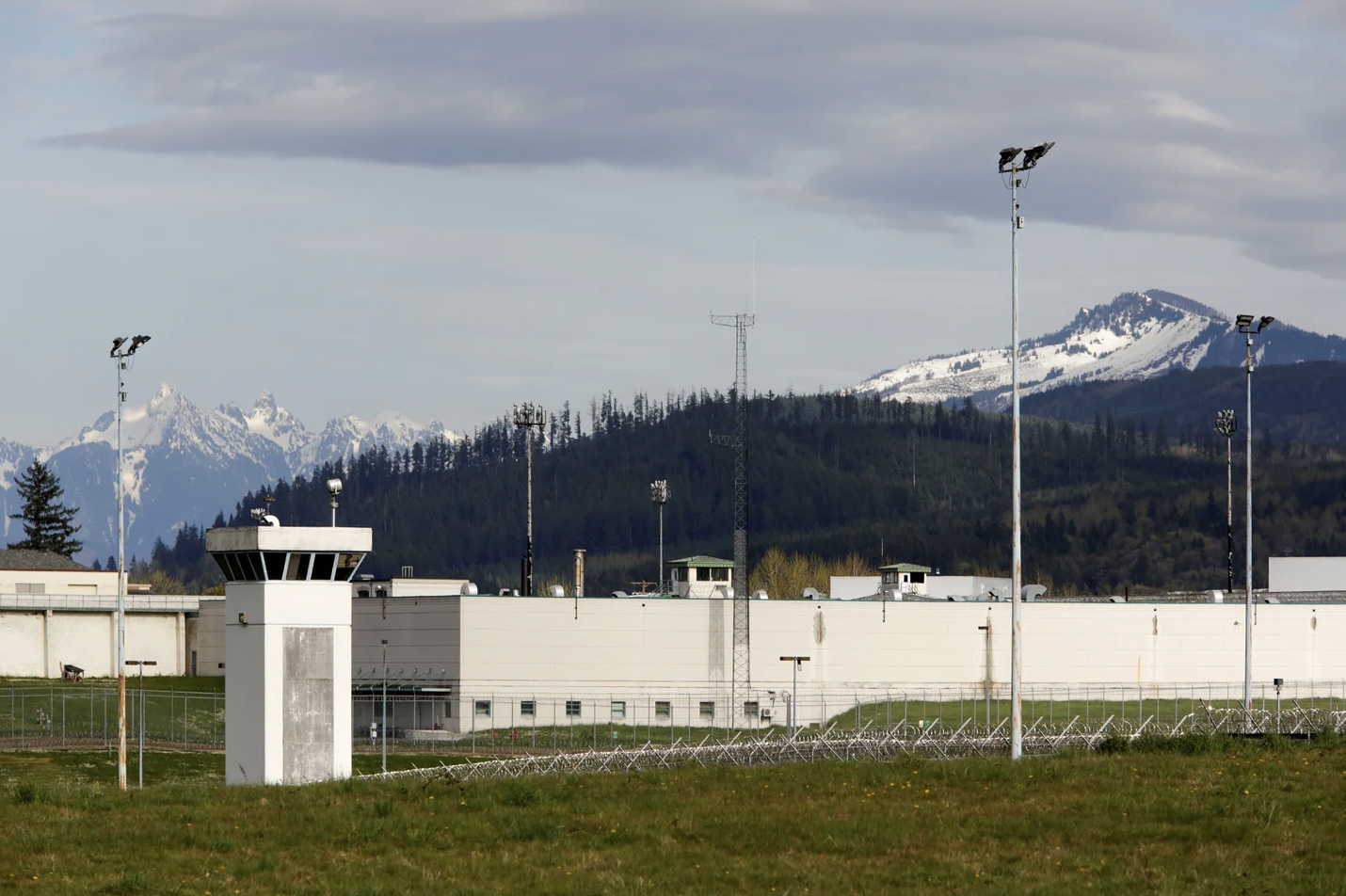
"What I am seeing, what I am living through ... is a breakdown of policy with potentially deadly consequences that people, including the governor, need to know about."
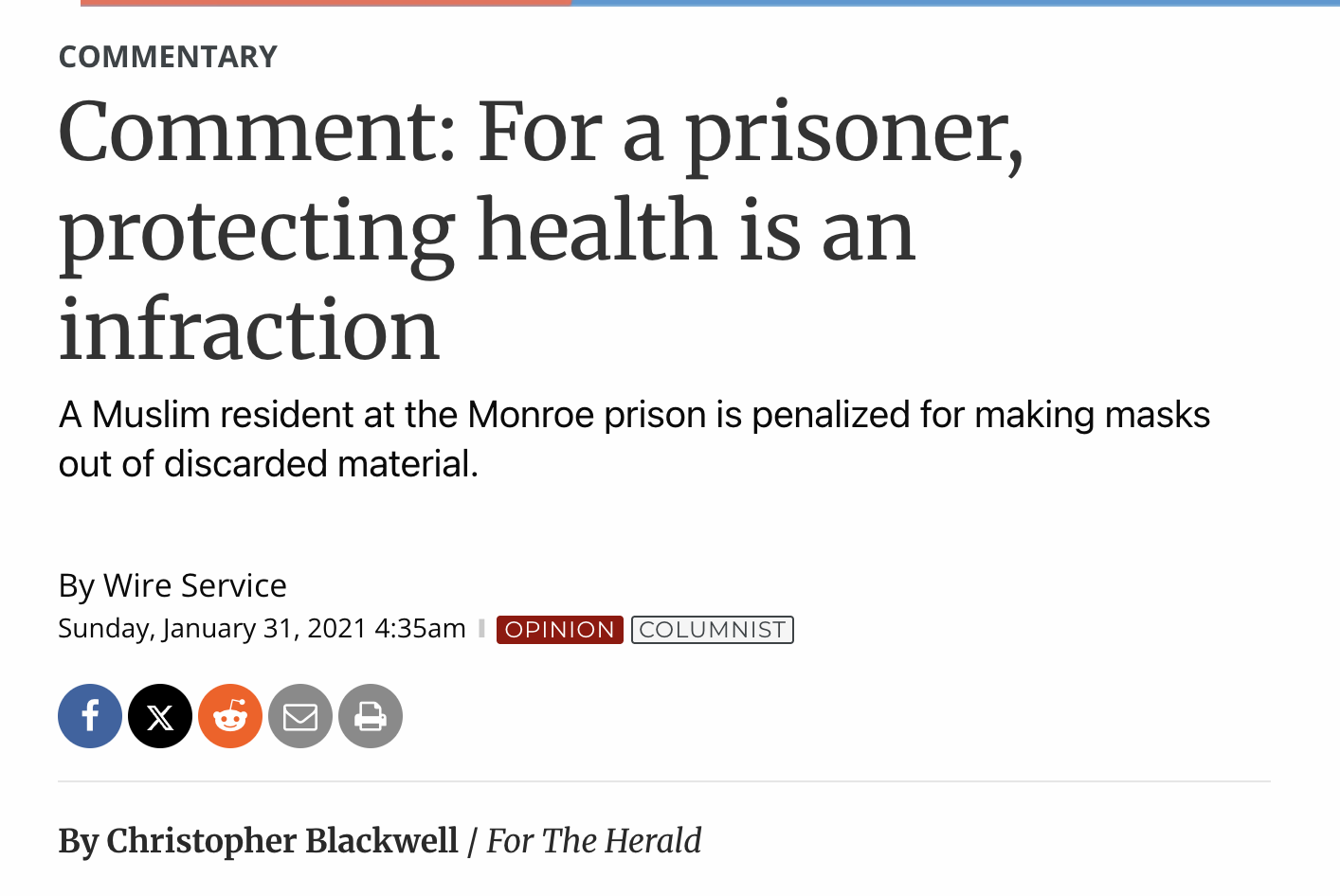
A Muslim resident at the Monroe prison is penalized for making masks out of discarded material.

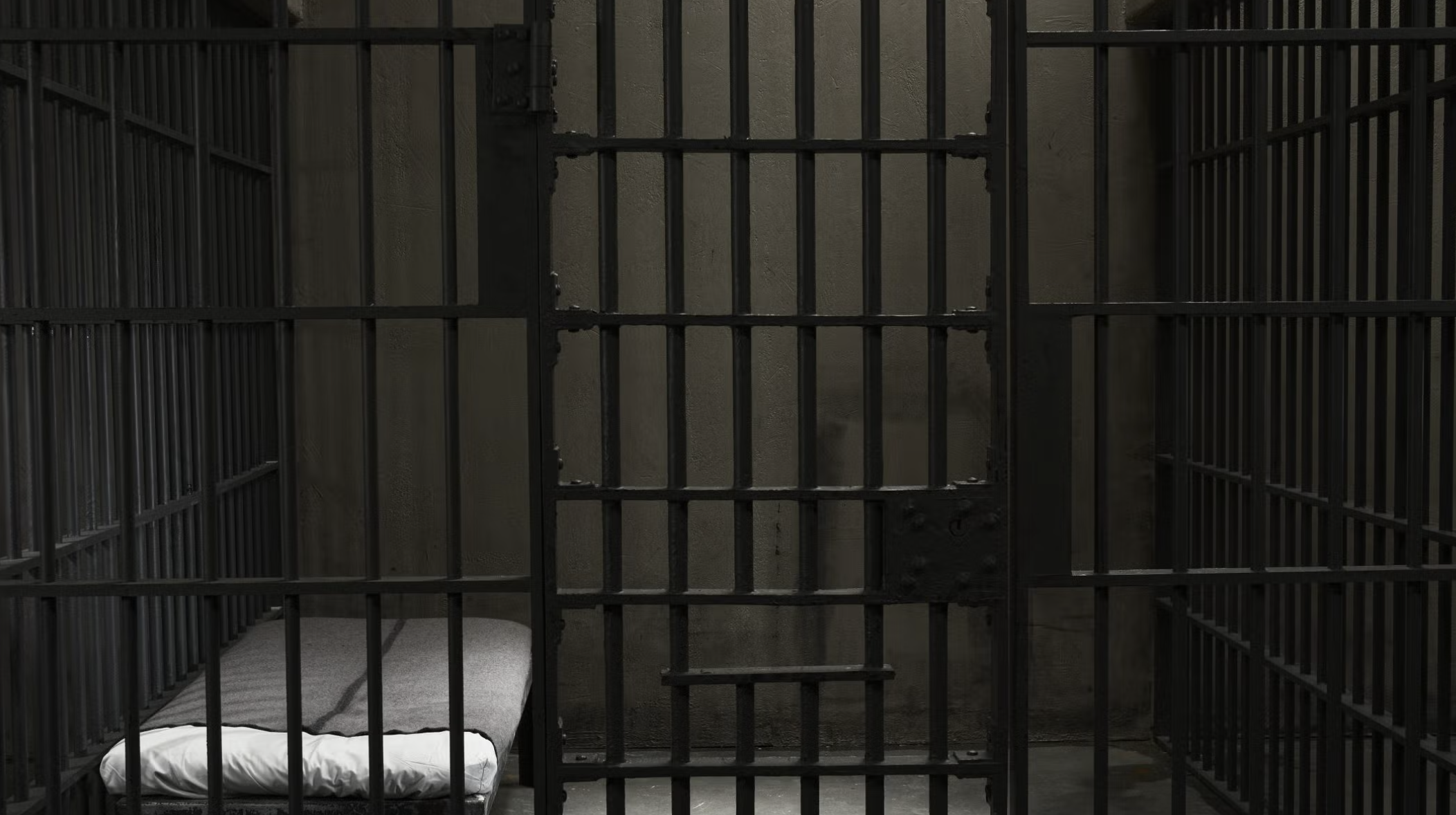
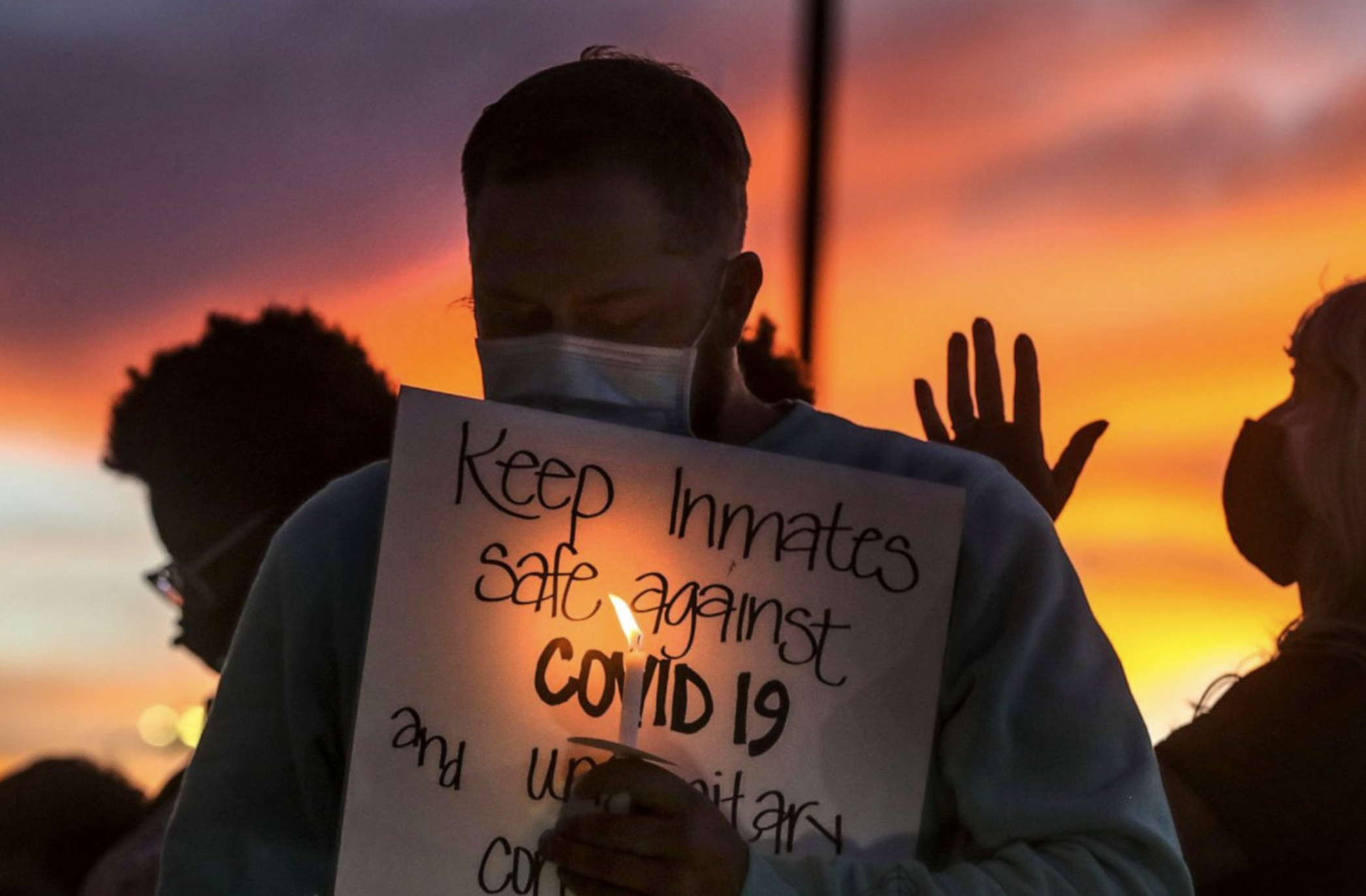

In a reflective letter to his younger self, an incarcerated writer shares hard-won insights, offering guidance and wisdom gained through personal experiences.
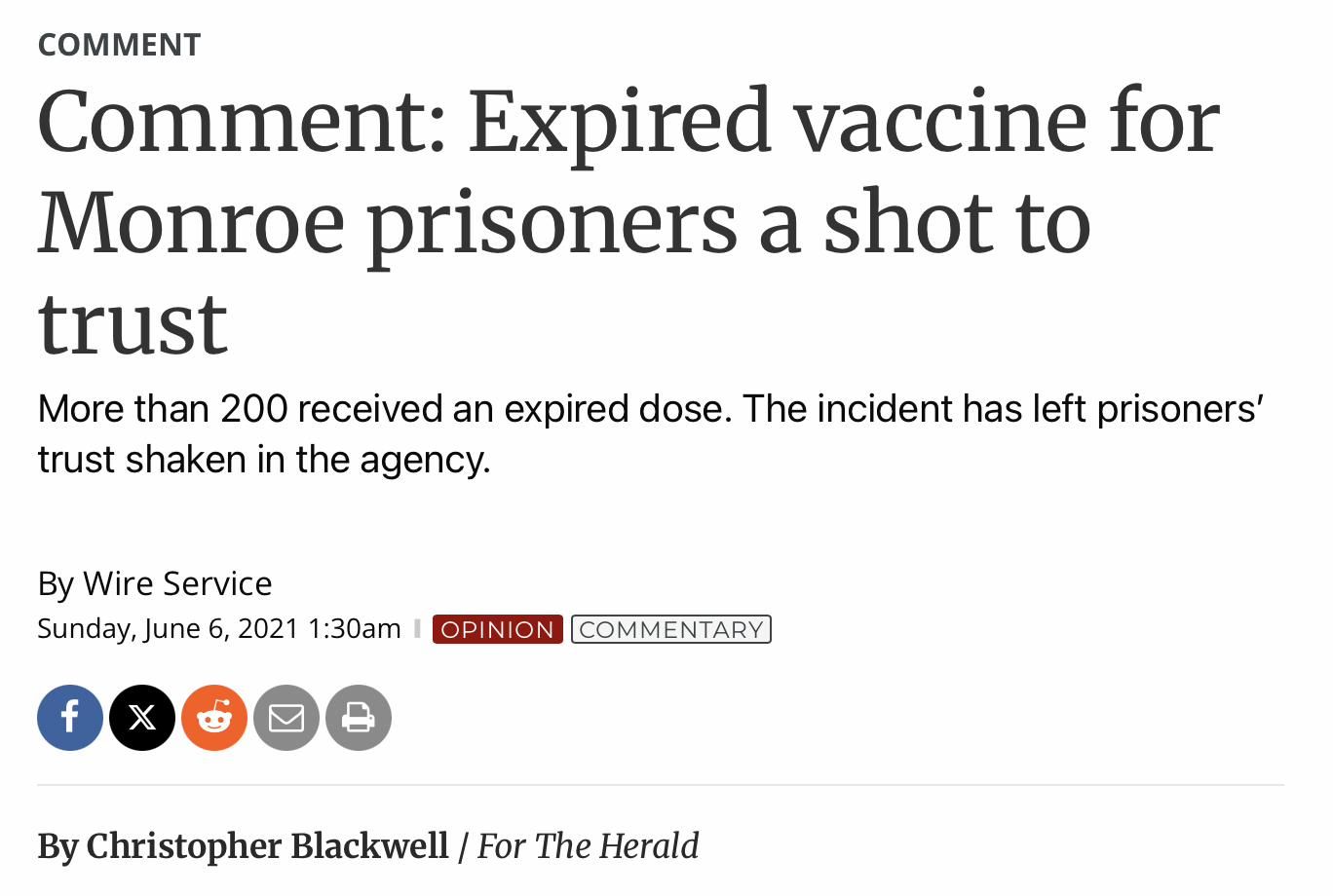
More than 200 received an expired dose. The incident has left prisoners’ trust shaken in the agency.
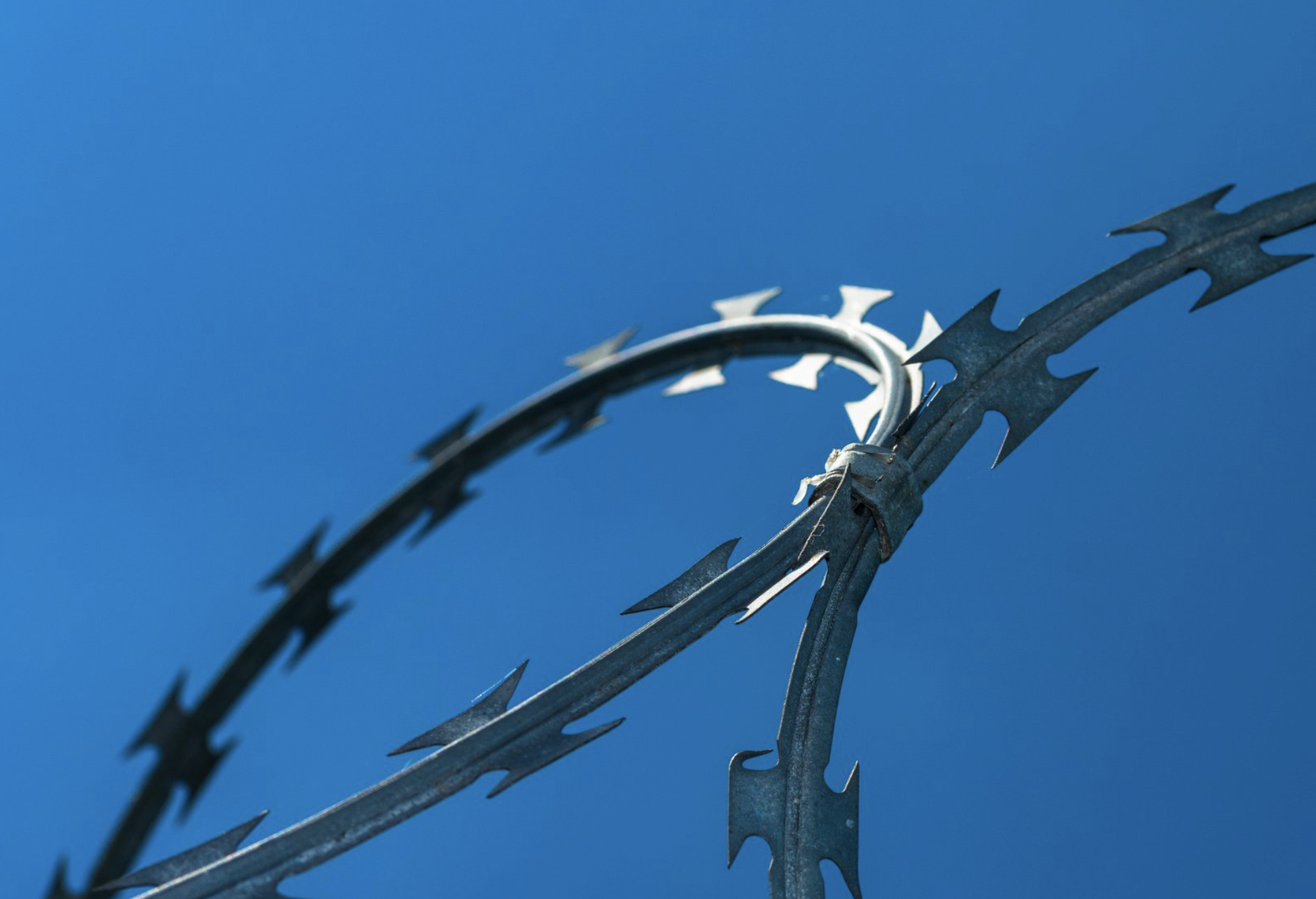
For incarcerated individuals, complaints about mistreatment often end up simply being ignored—or, at worst, lead to more punishment.
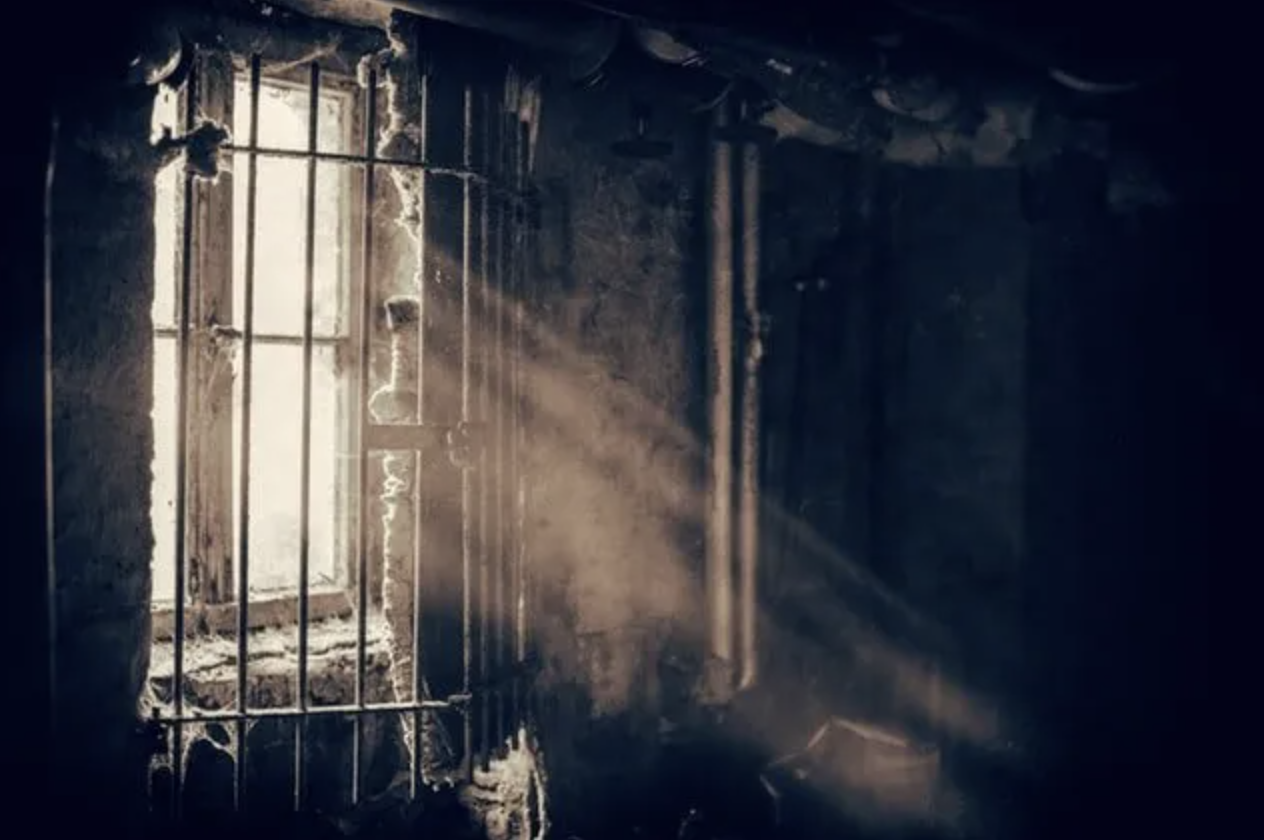
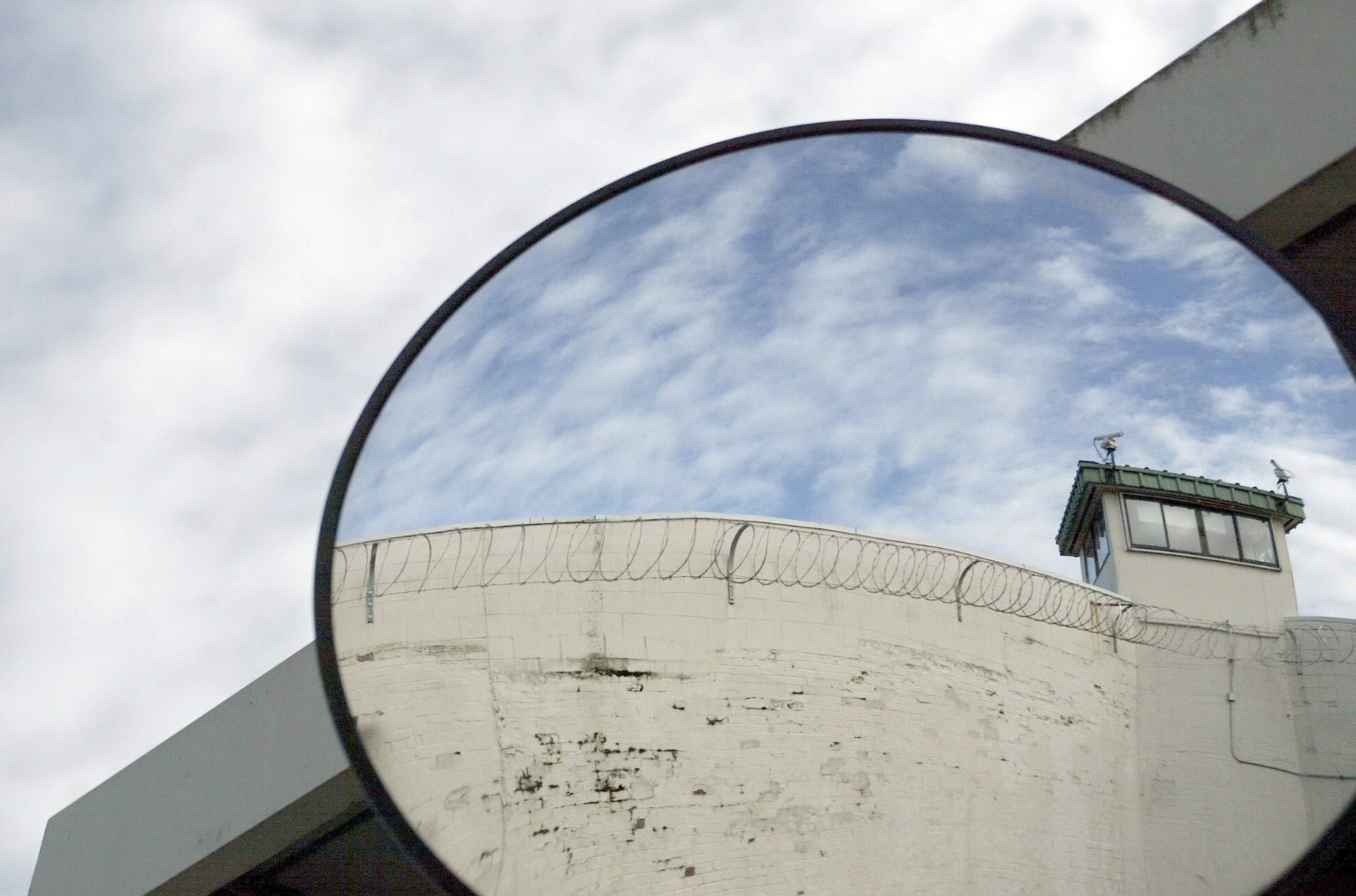
Climate change is intensifying the suffering of incarcerated people.
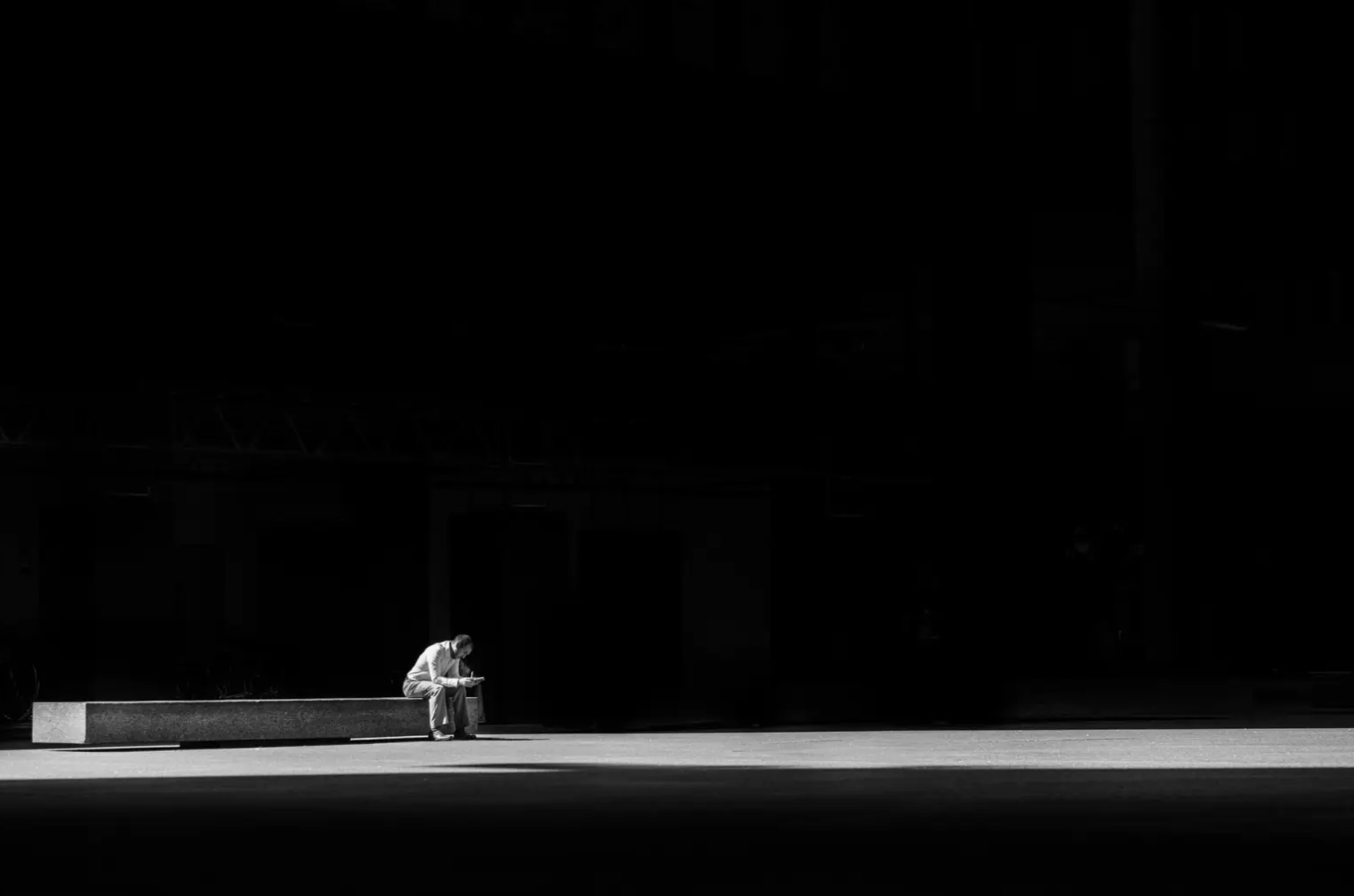
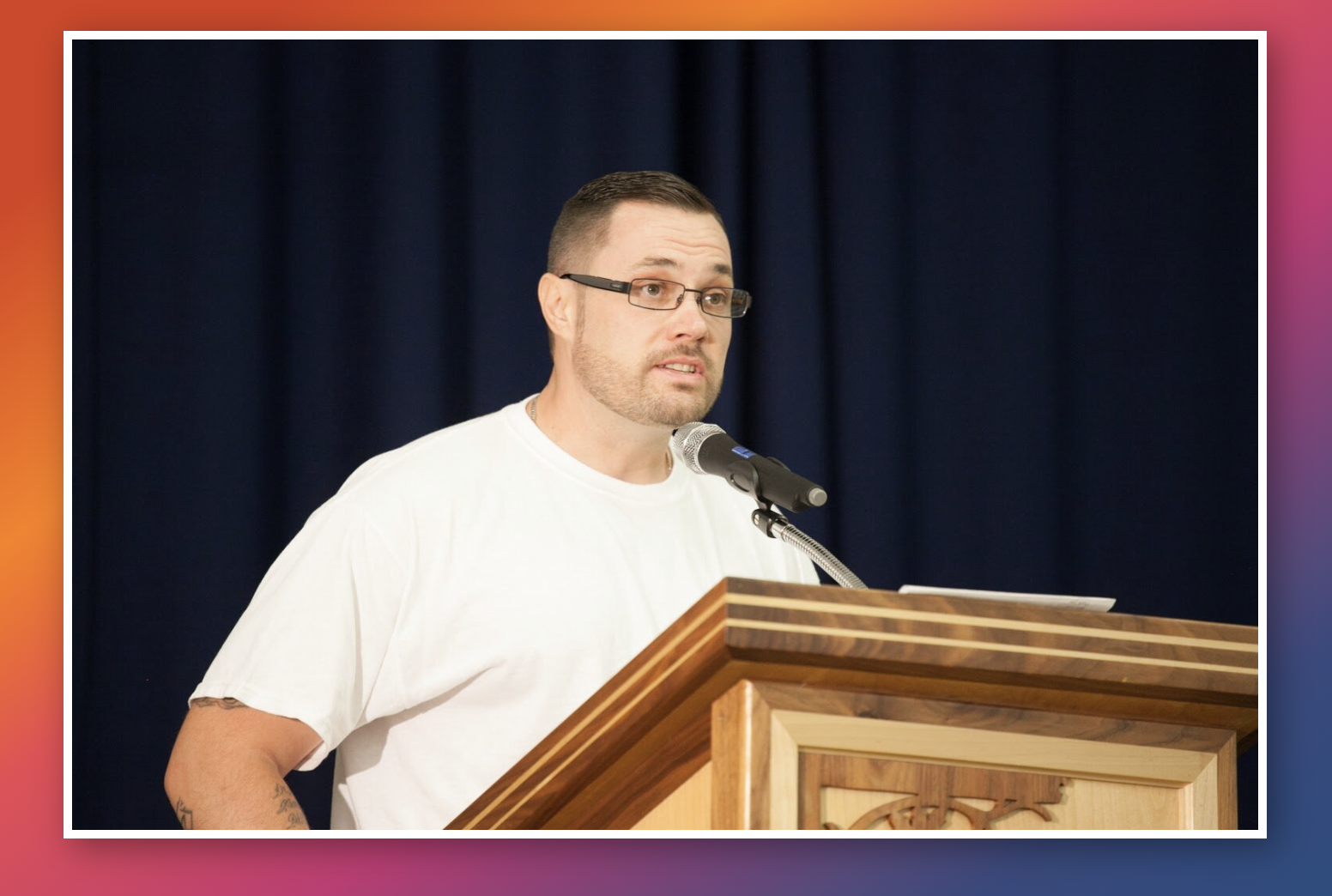
I sometimes wonder how I got here. Not the fact that I’m stuck in a prison cell with a 45-year sentence, I know how that happened – greed.
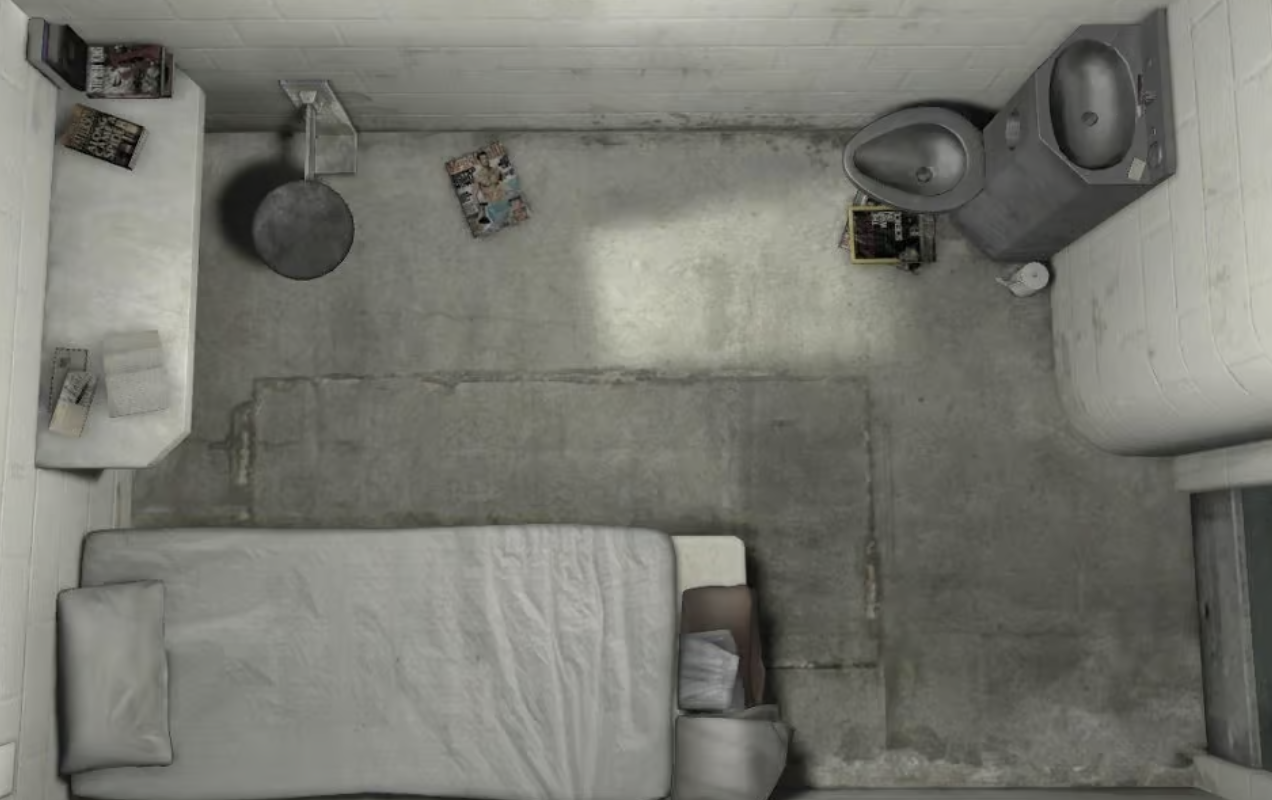
In a Washington State Prison, Solitary Confinement Is the First-Line Response to COVID, and a Bureaucratic Nightmare
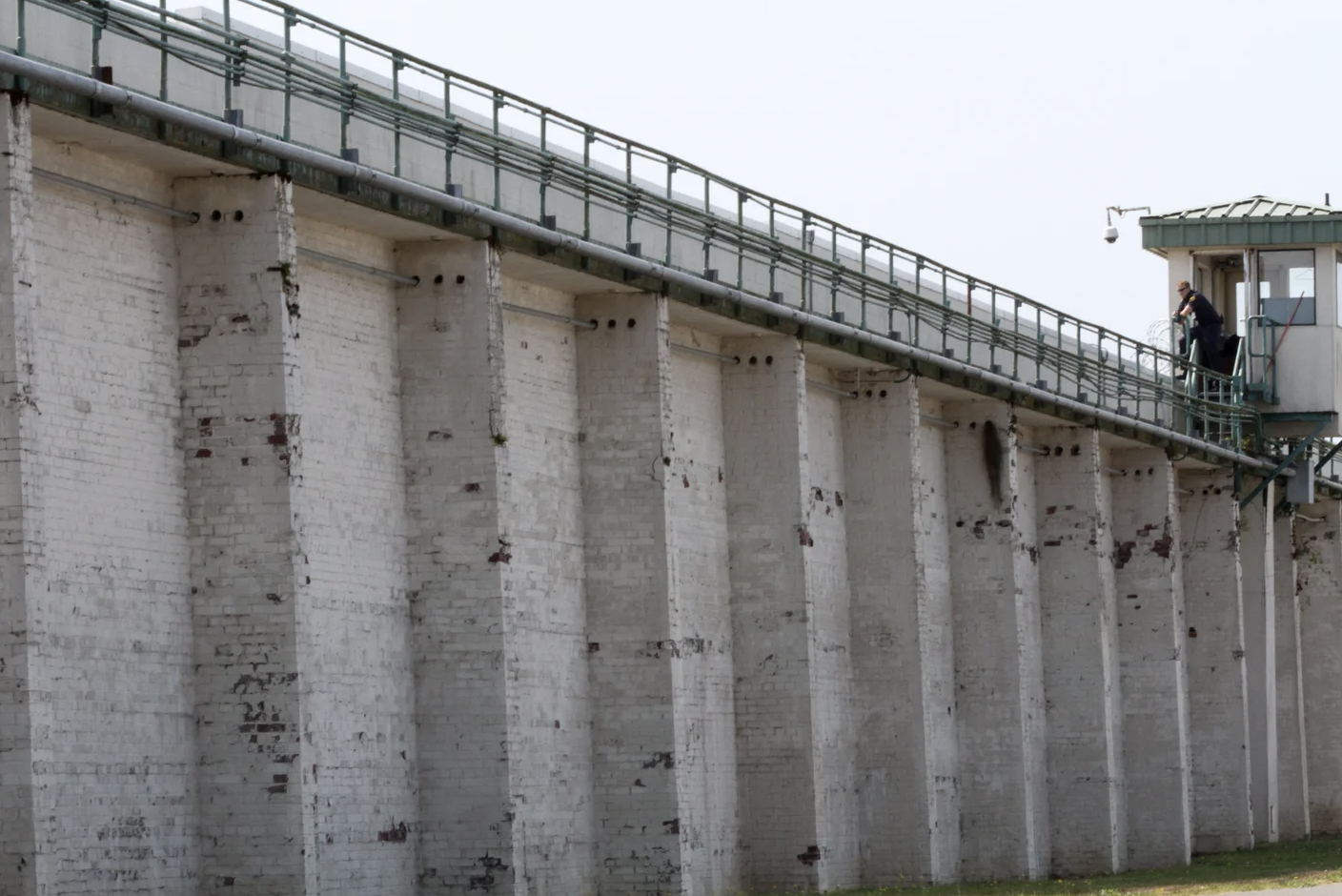
"When you think about prison, do you think about tenderness, caring, and connections? They’re not common, but they’re here."
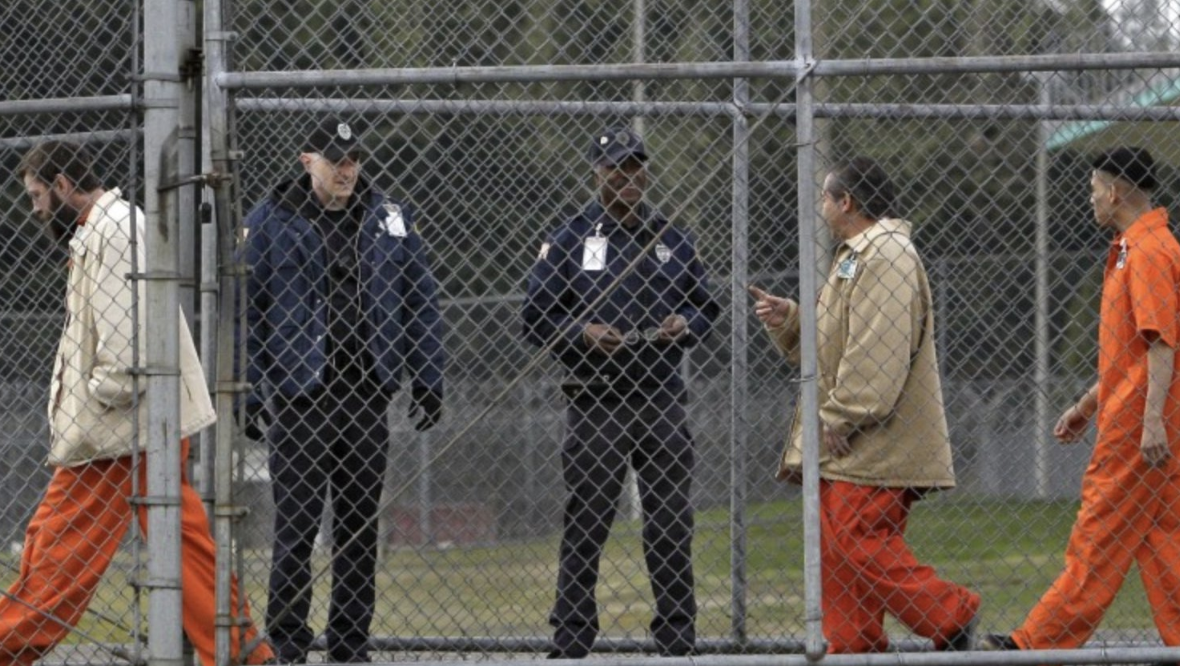
Incarcerated people remain one of the most at-risk groups of contracting COVID-19. So when will guards start doing their job to protect us?
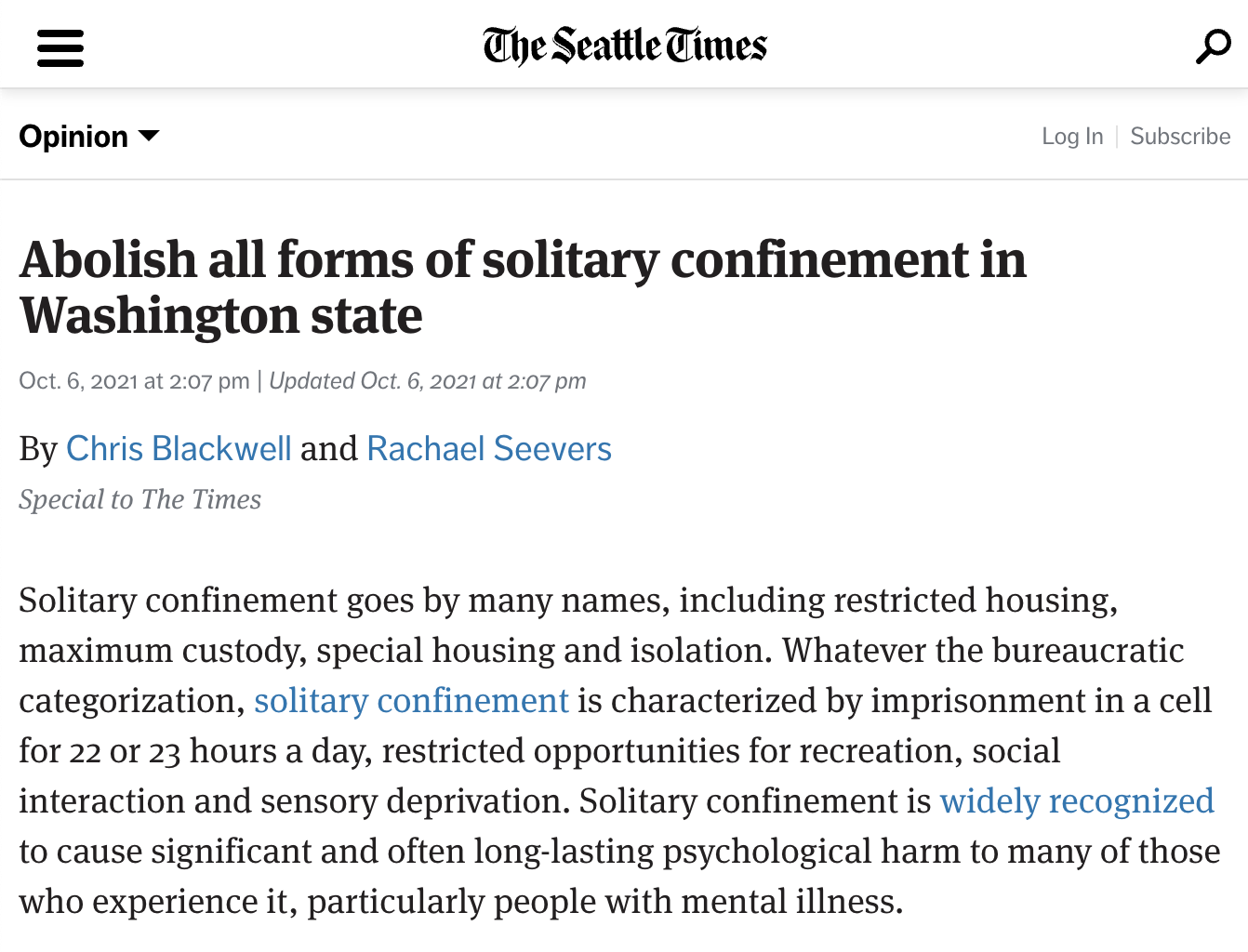
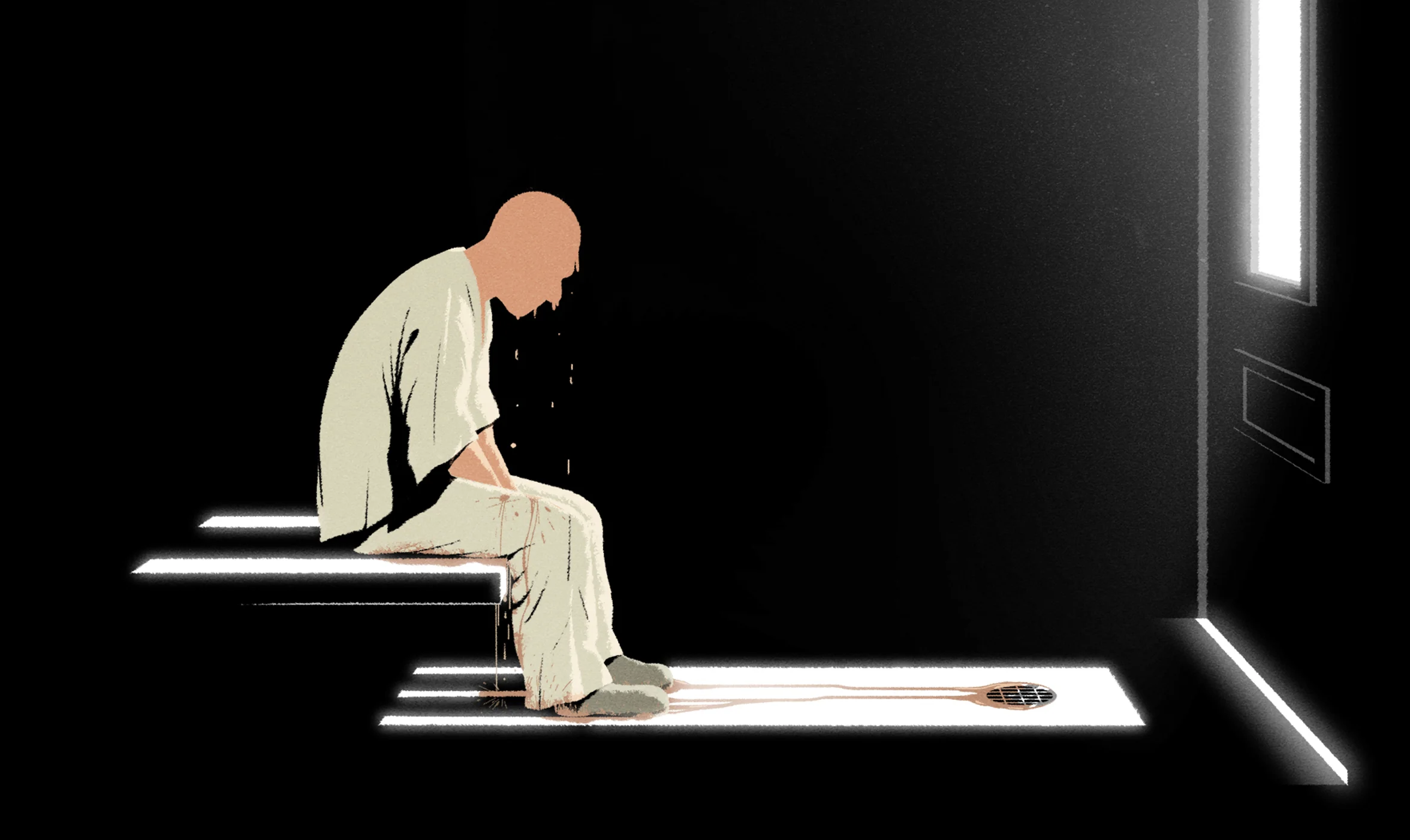
As the pandemic ravaged prisons and jails, officials opted to force people into inhumane solitary confinement. HuffPost spoke to some who described how they “nearly broke.”
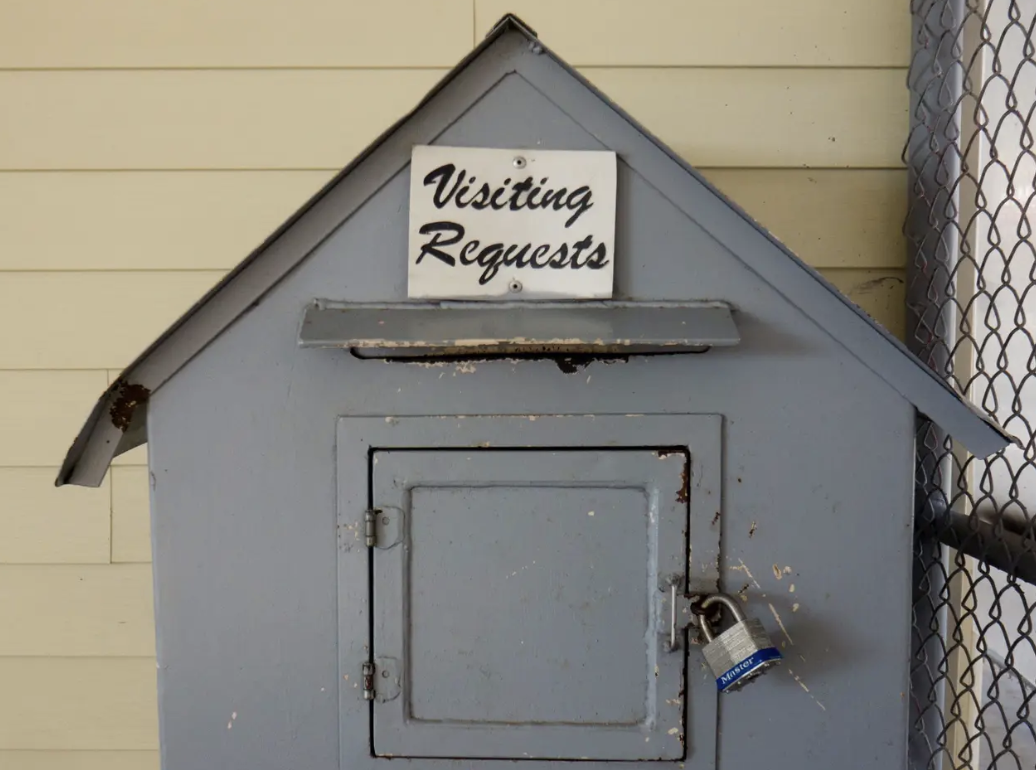
Studies show that a prisoner's human contact with loved ones makes it easier to reenter society.

Jessica Phoenix Sylvia details the systemic transphobia, abuse, and harassment she endures in a men’s prison, underscoring the urgent need for prison reform to protect transgender individuals.

Christopher Blackwell and Nick Hacheney argue that Washington should allow incarcerated individuals to earn early release through rehabilitation, reducing recidivism, prison overcrowding, and costs while promoting public safety.

Incarcerated writers face significant challenges in exercising their free speech rights, including prohibitive communication costs, fear of retaliation, and isolation, which hinder their participation in public discourse on criminal justice reform.
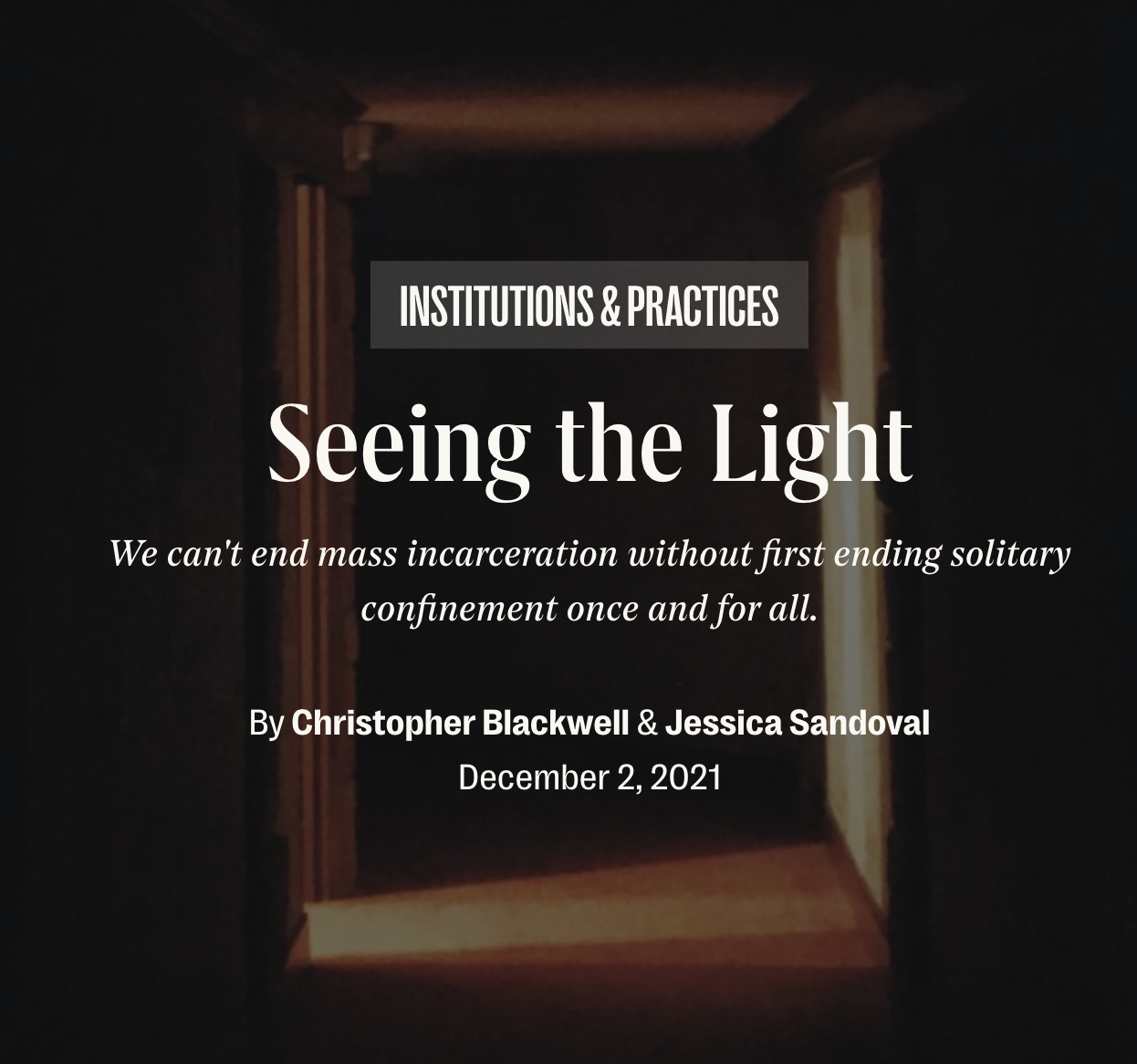
We can't end mass incarceration without first ending solitary confinement once and for all.

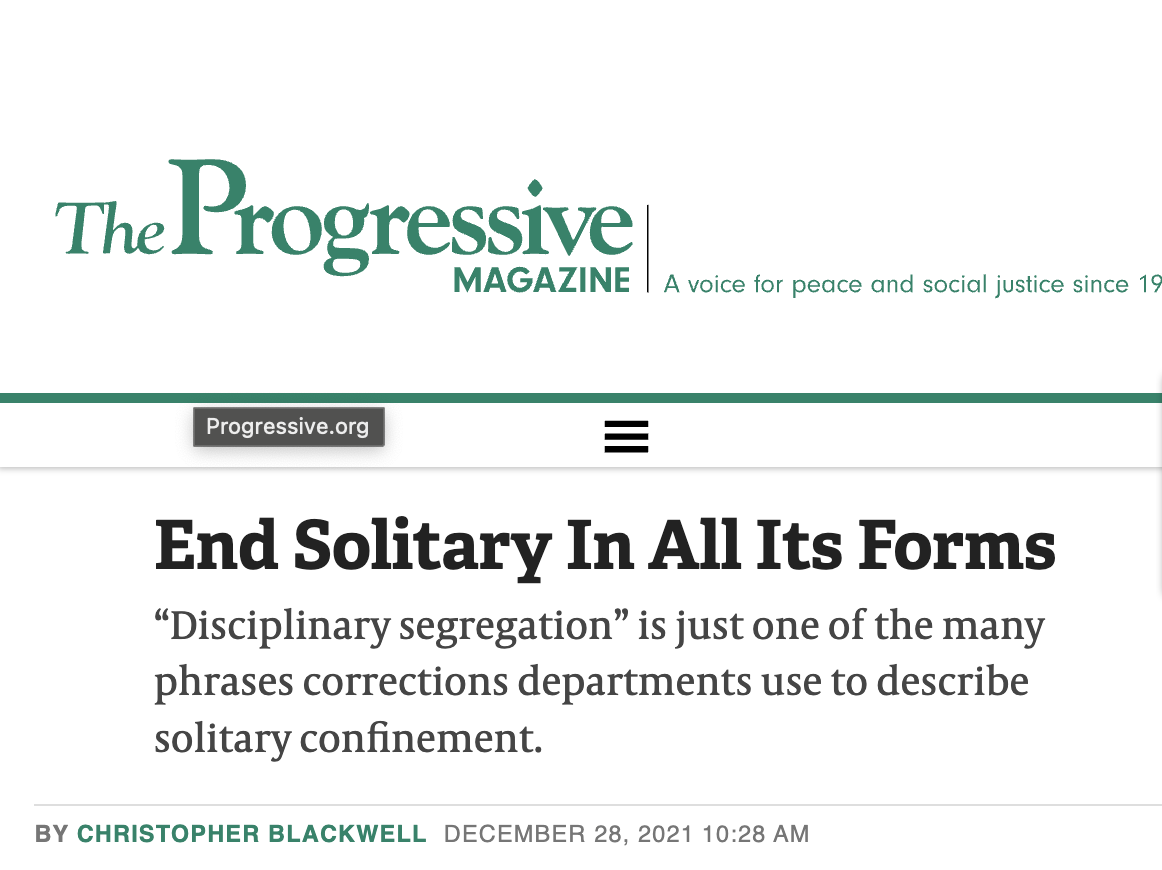
“Disciplinary segregation” is just one of the many phrases corrections departments use to describe solitary confinement.